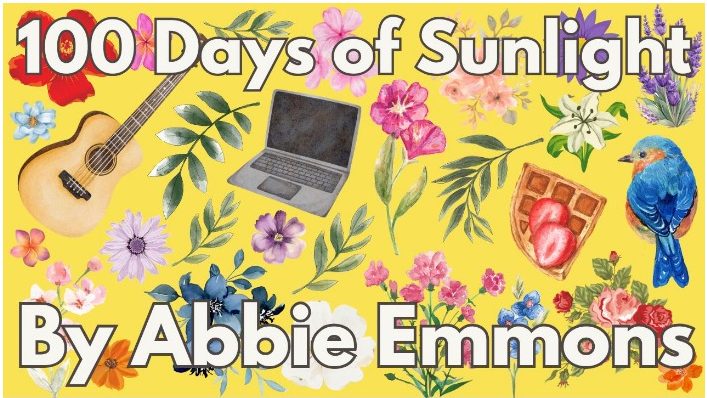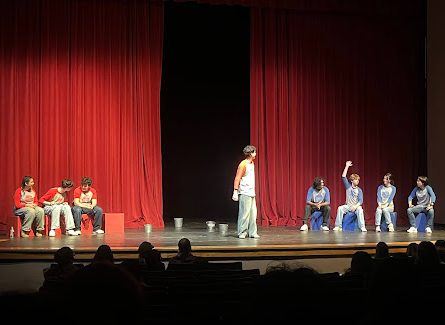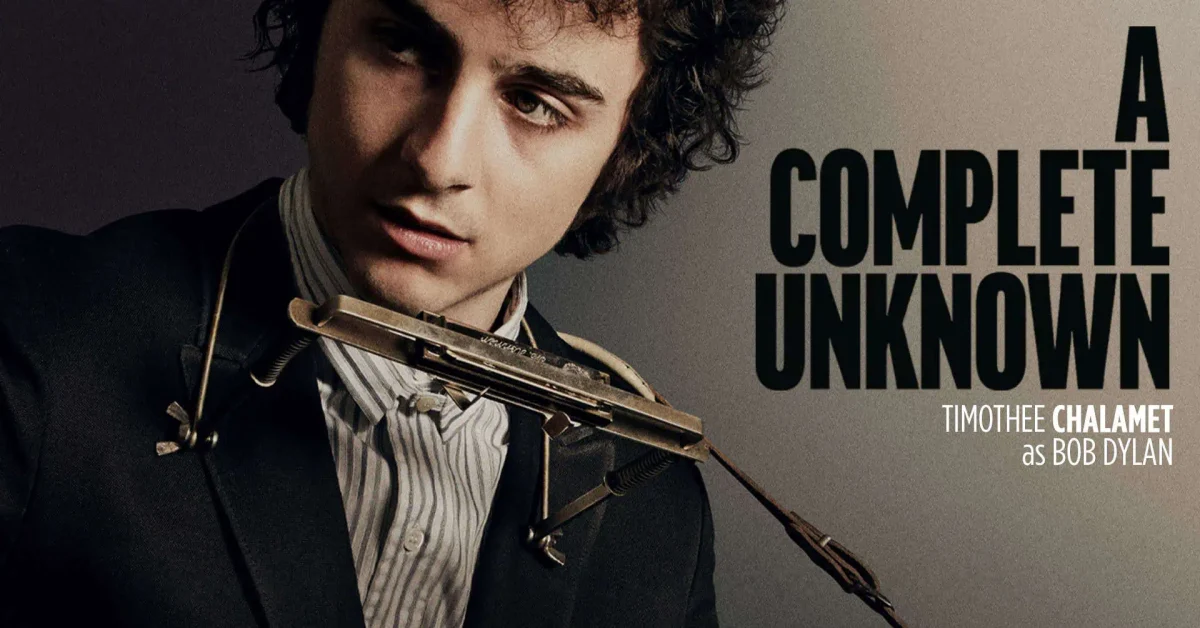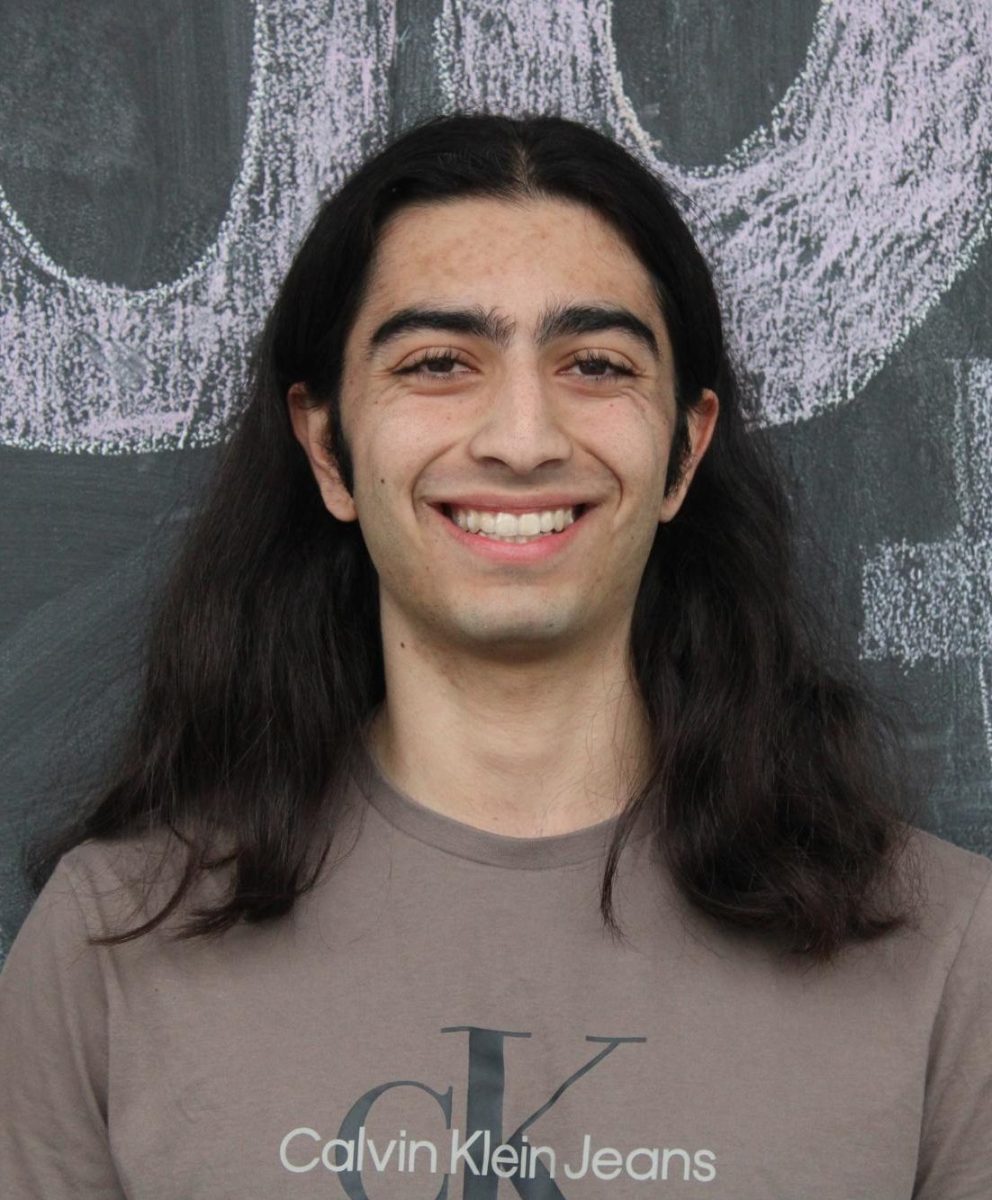
On December 5, Nelson Mandela, former South African president, died at age 95.
In 1944, Mandela joined the African National Congress (ANC). He advocated for human rights and led protests against apartheid, a policy that established racial segregation and discrimination against blacks in South Africa. Along with Oliver Tambo and Walter Sislu, other members of the ANC, Mandela created the Youth League which attempted peaceful protests against apartheid. This led to Mandela on trial for treason from 1956-196, and he was later acquitted in 1961.
Two years after the South African government banned the ANC in 1960, Mandela was arrested and sentenced to five years of imprisonment. The South African government later sentenced Mandela, along with other members of the ANC, to life imprisonment for planning sabotage of the government. After a total of 27 years in prison, Mandela was released and became president of the ANC in 1991.
In 1994, Mandela became the first democratically elected President of South Africa. He became an icon of the anti-apartheid movement and inspired people across the globe to fight racism not only though politics, but also through the arts.
Both during and after his life, Mandela influenced artists to support the anti-apartheid movement through music. Jerry Dammers, a member of the band Specials, wrote the song “Free Nelson Mandela” in the 1980s. “Free Nelson Mandela” quickly became popular, becoming one of the top 10 songs in Britain in 1984. Amy Winehouse later covered the song to celebrate Mandela’s 90th birthday. This revived attention to the anti-apartheid movement.
In 1985, artists and bands including U2, Elton John and the Rolling Stones came together to sing the song “Sun City,” which was performed under the name Artists United Against Apartheid. In 1998, London hosted a concert featuring musicians including Whitney Houston and Stevie Wonder to celebrate Mandela’s 70th birthday and to encourage others to join Mandela’s movement.
In 2003, the Cape Town Stadium in South Africa hosted a concert in which U2 performed a song called “46664”, named after one of Mandela’s prison numbers. Recently, U2 released two songs inspired by Mandela, named “Ordinary Love” and “Breath.”
After Mandela’s death, the Cape Town Stadium held another concert to pay tribute to Mandela. International artists, including Annie Lennox who sang and played the bongo drum, and South African musicians performed to a large crowd to celebrate Mandela’s life.
Music played an important role in Nelson Mandela’s life. According to the UMKULO Project, a non-profit organization that aims to diminish poverty through music, Mandela said, “The curious beauty of African music is that it uplifts even as it tells a sad tale.”
During his life, Mandela met artists including the Spice Girls, members of the Grammy-winning group Ladysmith Connection, 50 cent, Fergie and Beyonce before. They remembered how Mandela had inspired them to support the anti-apartheid movement through their art. Last week, Jay-Z dedicated his song “Young Forever” to Mandela during his concert at the Los Angeles’ Staples Center.
U2 lead singer and activist. Bono, published an essay about Nelson Mandela, and attended Mandela’s state funeral on December 15. The funeral was in Qunu, South Africa, where Mandela grew up. Other artists, including Peter Gabriel of the band Genesis, also attended the funeral
Mandela’s legacy will continue to remain in music. As Mandela once said, “You may be poor, you may have only a ramshackle house, you may have lost your job, but that song gives you hope.”
By KRUTHI RENDUCHINTALAStaff Writer









luthfor • May 17, 2015 at 3:29 am
nice!not very good